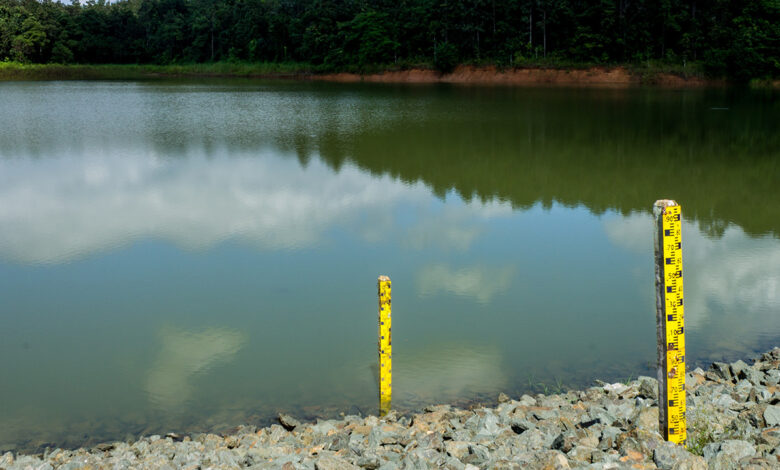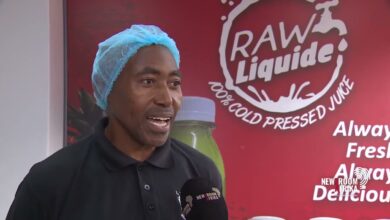The DBSA Partners With Green Climate Fund To Bolster The Department Of Water And Sanitation’s Efforts Towards Climate Resilient Water Security

The DBSA Partners With Green Climate Fund To Bolster The Department Of Water And Sanitation’s Efforts Towards Climate Resilient Water Security. The Development Bank of Southern Africa (DBSA) is pleased to announce that the Water Reuse Programme (WRP) was approved by the Green Climate Fund (GCF) at the 36th GCF Board meeting. As the world’s largest climate fund dedicated to supporting adaptation and mitigation projects in developing countries, GCF approved US$235 million in funding for the programme. The agreement was signed today following the GCF Board’s approval for the implementation of the project.
Several cities across South Africa face the threat of the so-called Day Zero, when water runs out , most notably Nelson Mandela Bay, in the Eastern Cape, where a severe drought has depleted the region’s dams. Observed water scarcity in South Africa is to a large extent attributable to physical causes. These are exacerbated by the impact of global climate change and increasing demand on available water resources.
The The WRP is a sector-first alternative funding approach that seeks to enable the scale-up of water reuse projects that will improve water security and climate resilience at local and provincial levels in South Africa. It is a standardised programme within the Water Partnerships Office (WPO), a ring-fenced programme office, owned by the Department of Water and Sanitation (DWS) and housed at the DBSA. The WPO is one of the outputs from the National Water Partnerships Programme (NWPP), the brainchild of DWS, DBSA and the South African Local Government Association (SALGA).
The approved capital will enable the WRP to coordinate a government-wide response that provides financial resources and building institutional capacity. A critical focus point for this intervention will be at municipal level, where climate-induced water insecurity has a debilitating effect on the lives of citizens. The programme expects to directly increase the resilience to climate change of 3,424,737 beneficiaries.
“As it stands, between 22% to 32% of our citizens are reportedly using water from unprotected sources. Water security is mission critical for us – we are a water scarce country. As a country we are currently ranked 30th on the global list, with three of our nine provinces having previously being declared disaster areas for drought. The impact of climate change has compounded the rate of poverty due to water-related public health hazards, among other challenges. With the WRP, we seek to address the dire situation, and doing so in partnership with municipalities to ensure that they are better capacitated to prepare, structure and implement projects that deliver water to our citizens. That is most important,” said Catherine Koffman, Group Executive Project Preparation at the DBSA.



